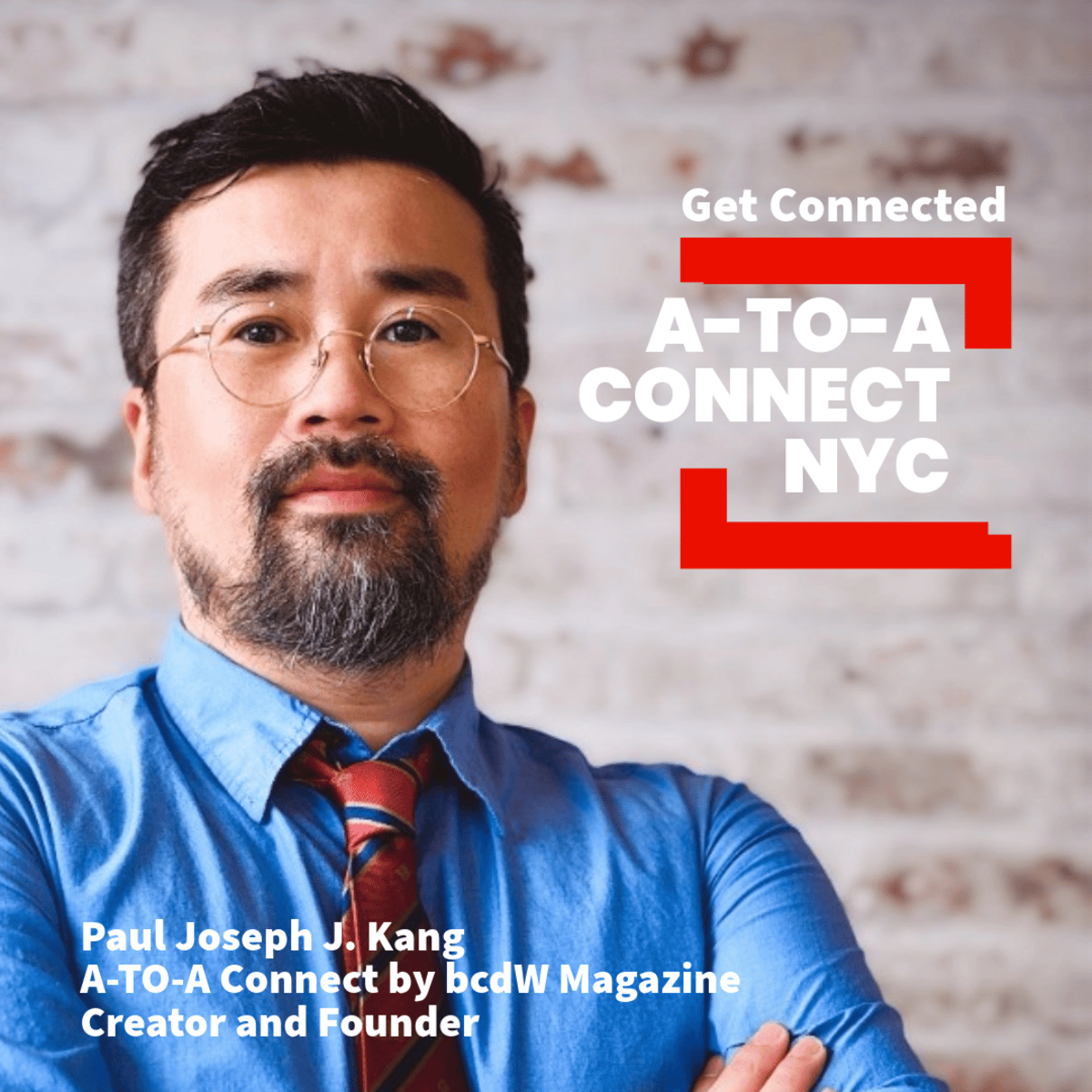In the first half of 2025, more than 6.8 million people in the United States lost their jobs. The cuts were indiscriminate—tech, public service, media, retail. The tech industry alone saw nearly 100,000 layoffs as AI and automation accelerated. The federal government eliminated tens of thousands of regular and contract positions in the name of restructuring and budget efficiency.
These aren’t just statistics. They’re signals. And they’re not about a labor market in crisis, but about a civilization quietly shifting its operating system.
What we are facing is not a recession. It’s a redefinition of what it means to be human in the age of intelligent machines.
AI is no longer just replacing repetitive labor. It’s replacing the middle—middle management, planning, and even parts of creative and knowledge-based work. Companies are shifting from human-centered operations to algorithm-driven systems. Governments, too, are leaning into digital bureaucracy, shrinking their workforces in the process.
At the center of all this change isn’t the system. It’s the individual.
We are no longer being asked to adapt within existing structures. We’re being asked to reset ourselves entirely.
And yet, as jobs are eliminated, the role of the human must become more refined, not reduced. The future belongs not to the efficient, but to the imaginative. Not to the optimized, but to the adaptive.
The problem is, our current education systems are not designed for this. Most still prepare us for the first round of life—the structured climb from school to career, the path paved by institutions, degrees, and predictable steps.
For over two thousand years, education has been developed and refined as a system to help us begin. Society, families, religious and civil institutions, private and public education—each has contributed to designing this first launch phase of human development.
But we now live in a different age. Lifespans are longer, work cycles are shorter, and layoffs are no longer rare—they’re normalized. And in this new landscape, we face a major void: there is no clear system to help us navigate the second or third rounds of life.
There is no roadmap for re-entry, reinvention, or reorientation.
That’s why I believe what we need now is something fundamentally new: the self-made school of life.

Not a physical classroom. Not a credential factory. But a living, evolving school—built by each person, with others—around a communal table, not an individual desk.
In this new school, we become both teacher and student to one another. We learn not for exams, but through projects, work, and shared experimentation.
We stop asking, “What should I study to get a job?” and start asking, “Who do I want to become, and with whom will I grow?”
This is not self-help. This is civic design.
This is not soft. It’s necessary.
If we want to survive and thrive in a world where institutional support evaporates by mid-career, we must build networks of mutual learning, human-scale economies of knowledge, and spaces where identity and purpose can be redesigned—again and again.
In this sense, layoffs are not just endings. They are entries into another round.
We must become designers of our own education, organizers of our own careers, and connectors within our chosen communities.
We must be ready to become our own schools, for ourselves and for others.
So let us begin by asking new questions.
Who am I learning from today?
What am I creating with others this season?
These are not trivial questions. They are the new curriculum.
In a world where institutions no longer guarantee progress, the courage to ask and co-create may be the only real compass we have.
The age of self-made schools is not a utopian idea. It is a necessary response.
And perhaps, our most hopeful one yet.
If this resonates with you, visit BigC.Works to explore stories, tools, and experiments in life redesign. Let’s build the schools we need—together, from the ground up.

